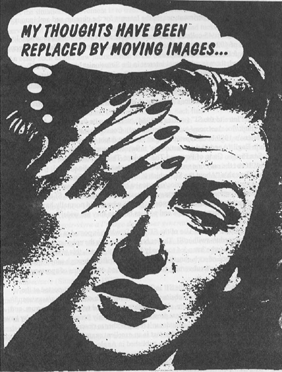In his book, Here
Comes Everybody, Clay Shirky uses the example of the Scribes to describe
how new technology is giving way to the concept of “mass amateurization”. In these modern times everyone is a
journalist since everyone is on the Internet posting, sharing and reposting
everything they see.
The users of
yesterday become the creators of today. While that may seem like a good thing,
given that more and more people are involved with the world, it in fact is a
bad thing. As Shirky says about the Scribes, “A scribe, someone who has given
his life over to literacy as a cardinal virtue, would be conflicted about the
meaning of moveable type. After all, if books are good, then surely more books
are better.” (67).
Shirky argues
that with so many consumers turning into producers, the need for professionals
becomes unnecessary. An “amateur journalist” with the use of Facebook and
Twitter can now inform millions with a single message before a professional
gets the chance to do so. With the Internet becoming such a great source of
user-to-user information, the need for professionals becomes unnecessary. On
his website, Shirky states “Weblogs destroy this intrinsic value, because
they are a platform for the unlimited reproduction and distribution of the
written word, for a low and fixed cost. No barriers to entry, no economies of
scale, no limits on supply.”
Like Shirky, Henry
Jenkins also talks about mass amateurization, however he mentions it as a good
thing rather than a somewhat harmful thing. In the chapter “Why Heather Can
Write”, Jenkins talks about the concept of fan fiction and how it helps people
develop better skills in reading and writing.
With schools limiting
students on what they can learn and how much they can express themselves, fan fiction gives them a
way to “Unleash your imagination and free your soul” as the logo above states. Good fan fiction
writers grow into this person that has such a fine grasp of language and
storytelling that they can write at the same level of the authors they are
reading. This level of creativity, as Jenkins proves within his own book, cannot be taught in schools. Certain things need to done firsthand in order to learn and perfect.
Personally I feel
that with such an advance in technology certain media forms, such as
journalism, are going to suffer from mass amateurization. Everyday my Twitter
feed coughs up news story after news story and my Facebook friends share posts
that they find interesting. As a consumer of media and a filmmaker I see the
professional world slowly dying out like CD players and giving way to the iPods
that are amateurs.
While the Internet is
going to spell trouble for journalists it actually proves to be a savior for a
filmmaker such as myself. It is through the Internet that I can get my work
viewed all over the world. A lot of people in the film world say that
collaboration is the key to success in this business, while this may be true as
an amateur; the Internet is my best friend.

















